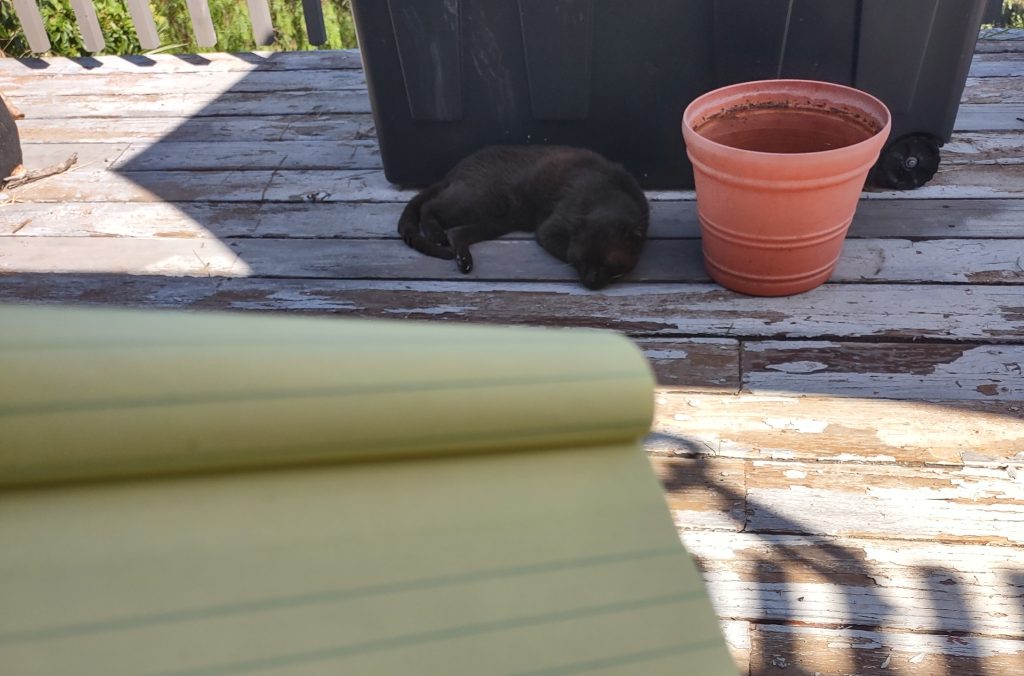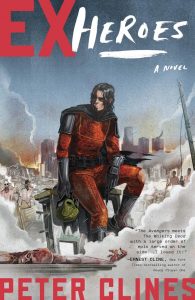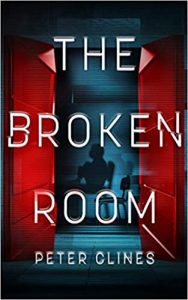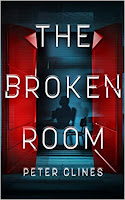So, a few weeks back Rhyen asked three (supposedly) unrelated questions…
1. Have you ever used index cards for plotting?
2. Have you tried Scrivener?
3. (Stealing from the Colbert Questionnaire) What is the best sandwich?
I shall now answer these in reverse order. Just because.
First (or 3.) the best sandwich is clearly a turkey club with bacon. Once you move away from childhood classics like PB&J or baloney and cheese, the club is the bedrock on which all “adult” sandwiches are built. Multiple meats, multiple veg, multiple condiments, works with almost any type of bread. There’s a reason it’s in the Criterion Collection of sandwiches. Sure, people will offer you more elaborate sandwich creations all the time—different meats, stranger veg, unusual condiments, is that even technically a bread? But that’s just it– they’re all trying to make more elaborate, overcomplicated versions of the classic.
I am, of course, open to hearing counterarguments on this, as long as you understand up front that you’re wrong.
Now, if you’re still with me after that…
Second, I haven’t tried Scrivener. I tend to just work in whatever my current word processing program is and have never been a fan of software that “helps” me do things. This goes back to my (attempted) screenwriting days. My current book and the one I finished earlier this year were both written in Open Office. Everything for about twenty years before that was plain old Word. Before that I was using a program called AmiPro.
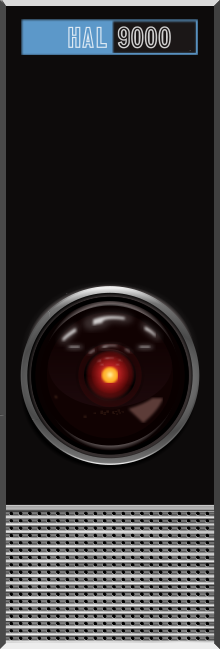
Why? Well, I get uneasy whenever a piece of software (or a writing course, or a book) starts offering options or suggestions. F’r example, I’ve never once considered breaking all my chapters into individual files/documents. But it’s an option in Scrivener. Is that good or bad? Who knows? Up to you. Reference photos for locations? You can add those, too. Oh, you don’t have any reference photos…?
See, I think for a lot of folks, once an option like this is put out there—especially put out there by a vetted authority like this piece of writing software—it makes us think “huh, should I be doing that?” And because we tend to see books or machines as the voice of authority, I think some folks keep doing the thing the software suggested they do. Even when it doesn’t work for them. The computer wouldn’t lie to me, right?
To be clear, I’m not saying Scrivener is bad. My partner uses it and she loves it. I’m just saying folks should approach any piece of writing software—and all the bells and whistles they offer—as possibilities, not necessities. If you think it might help you, cool. Try it out. But if you ultimately feel like it doesn’t help, then just stop. It doesn’t matter if it works for a dozen writers you follow, it just matters that it works for you.
There’s probably a whole post about this sort of thing. Maybe in the new year…
Anyway, third (or 1.), no, I haven’t used index cards for plotting. I think I tried once (back in high school, maybe?) just as a character-notes thing, but even that didn’t sit right with me for some reason. When it comes to plotting, I tend to work right on the page, moving sentences back and forth in my outline (or just drawing arrows if I’m using a legal pad)
But that’s just me. And a few other folks I know. But I do know writers who use index cards and swear by them. Some go so far as to color-code the cards for different plots and subplots and story threads. I also know some folks who just pull them out to work through problems. And there are folks who use index card software, whiteboards, and look there’s a bunch of ways to do plot stuff out. I can tell you what’s worked for me, but it might not work for you.

I will say this, though—if I’m using index cards to plot out a book (or screenplay or whatever), I want to make sure the cards are plot beats, not details. “Miles fights all the alternate versions of Spider-Man” is a beat. “The fight spills out of headquarters and into the city” is a beat. “One of the alternate Spider-folks is a Tyrannosaurus” is a detail. Just remember, beats move the story along, but details stack up on beats.
This also might into that early-new year post. Or maybe I’ll just do a whole post about plotting? We’ll see…
Anyway, that’s three questions answered. See? Posting comments does do something!
Also, last week I signed a bunch of books at Dark Delicacies in Burbank. I believe they’ve still got a few copies of The Broken Room, Paradox Bound, The Fold, and Ex-Isle. If you’re looking for Christmas gifts, it’s probably too late to ship anything without ridiculous charges, but if you’re in the LA area… they’re right there in Burbank. Just saying…
Next time… let’s talk about all those Hallmark-y Christmas movies. You know the ones I’m talking about.
Until then, go write.


